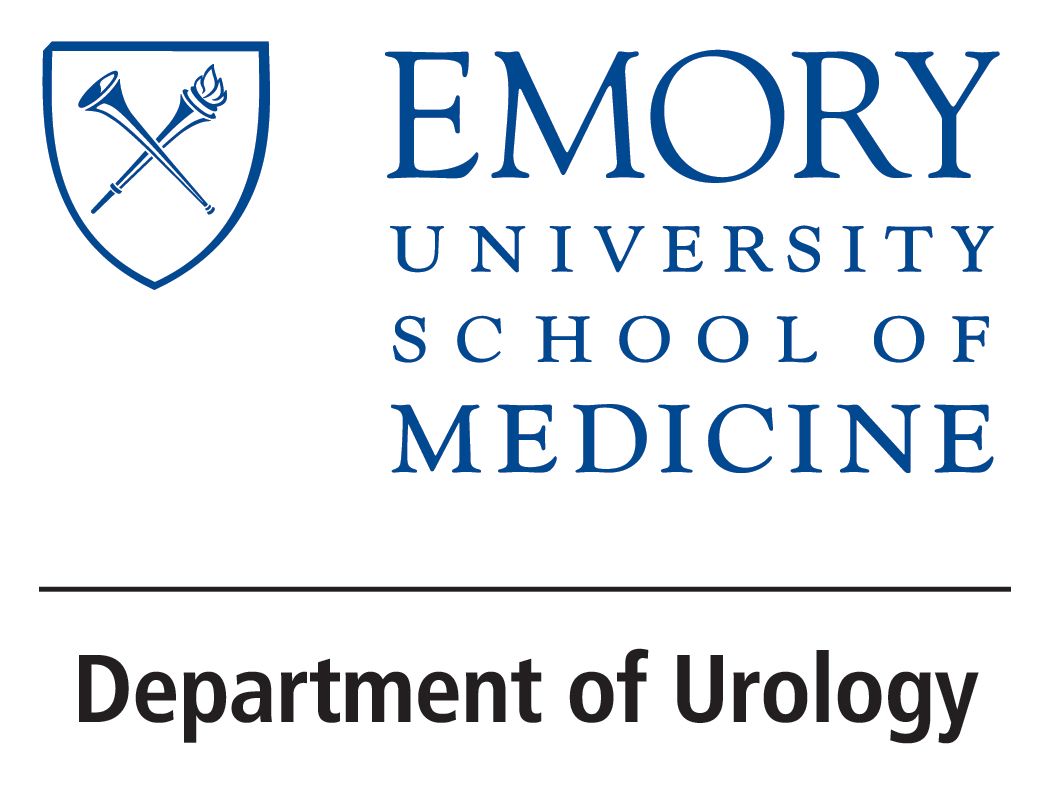
Chad Ritenour, MD, on balancing patient expectations and physician well-being

"This idea that physicians and medical teams always feel that they need to be available at all hours of the day really starts to stress people." says Chad W. M. Ritenour, MD, FACS.
In this video, Chad W. M. Ritenour, MD, FACS, discusses some key trends that may be contributing to burnout among physicians. Ritenour is the Chief Medical Officer at Emory University Hospital and a professor of urology at Emory University in Atlanta, Georgia.
Video Transcript:
I think one of the trends that really could negatively impact burnout is this consumerism that we're seeing. Patients expect to get answers very quickly. They're often doing their own research. Technology has enabled the ability to send quick messages at all times. This idea that physicians and medical teams always feel that they need to be available at all hours of the day really starts to stress people about how do you be the physician you want to be to your patients, and at the same time, still create and carve out a little bit of time for yourself.
When you look at work force trends, we know that the demand for urology is incredibly high. There's not enough people to deliver the care that's expected. How do we spread ourselves in the most effective way that enables us to provide as much care as possible and still not burn out the team so much that they don't have the opportunity to give it their best? I think we see that in rural areas even more. We're fortunate to be in a big city with a big team, and I think what I really respect and love to see is how people support each other on that team.
This transcript was AI generated and edited by human editors for clarity.
Newsletter
Stay current with the latest urology news and practice-changing insights — sign up now for the essential updates every urologist needs.






